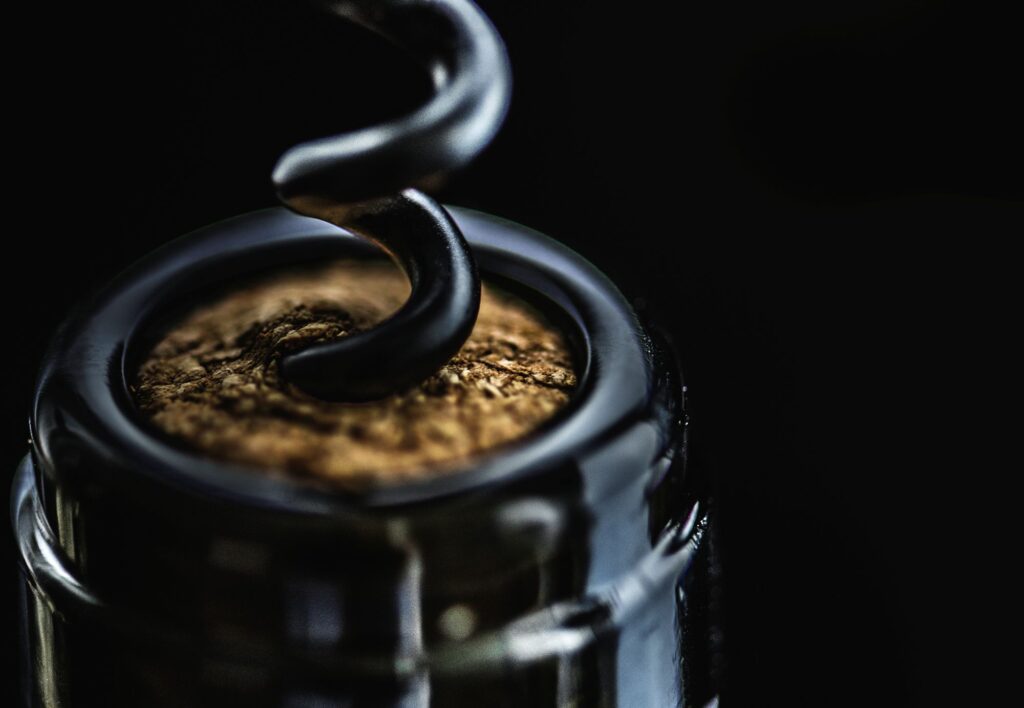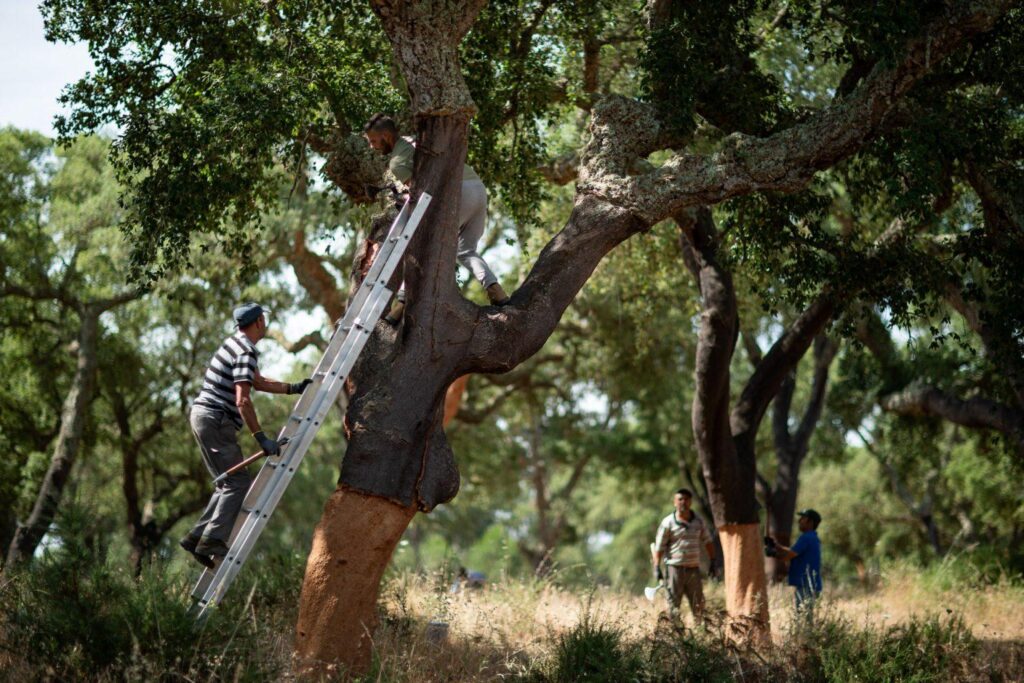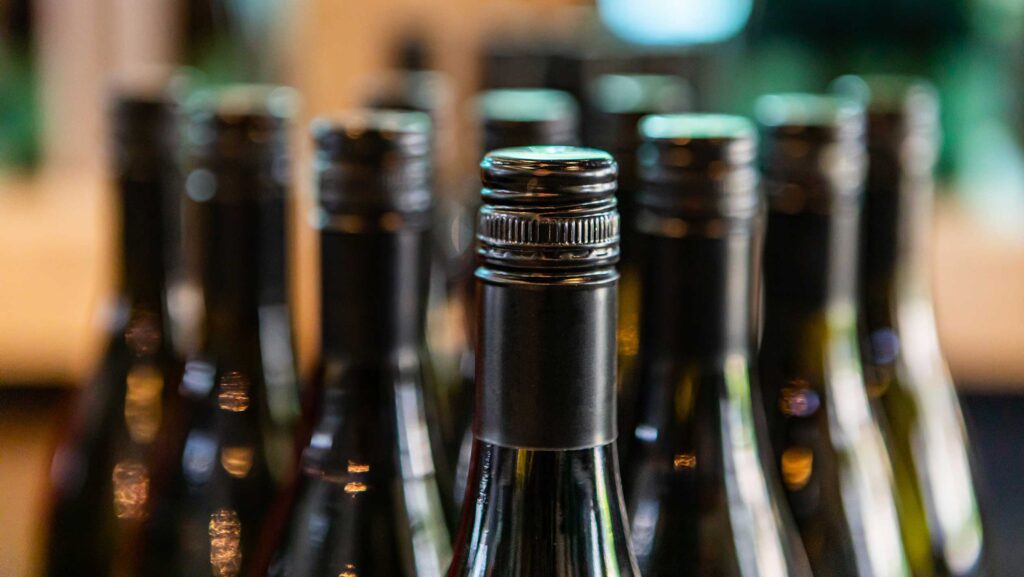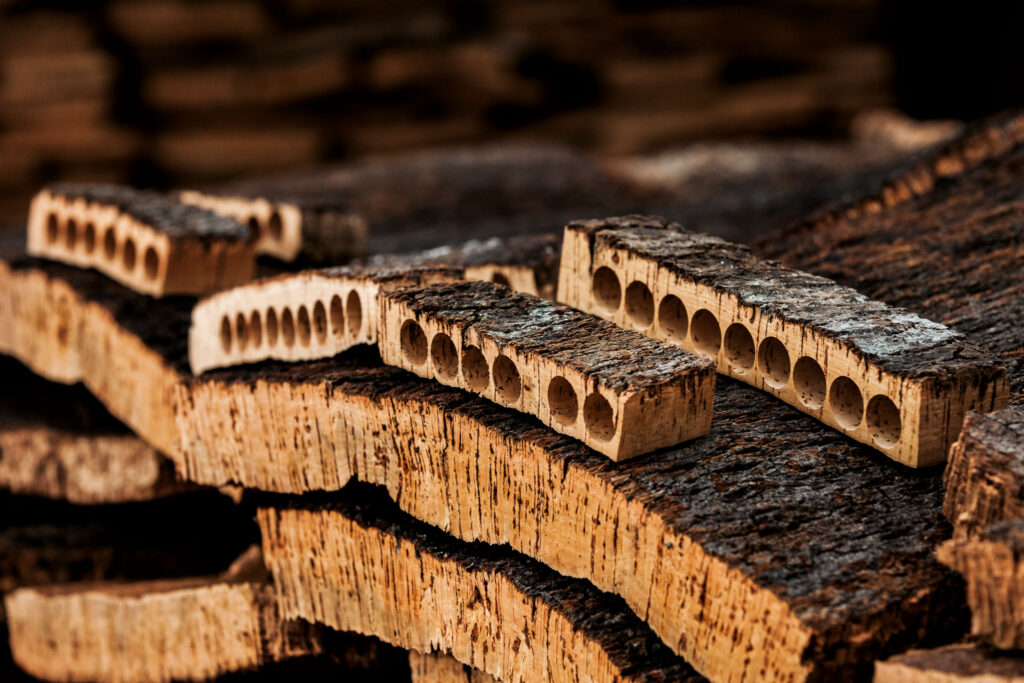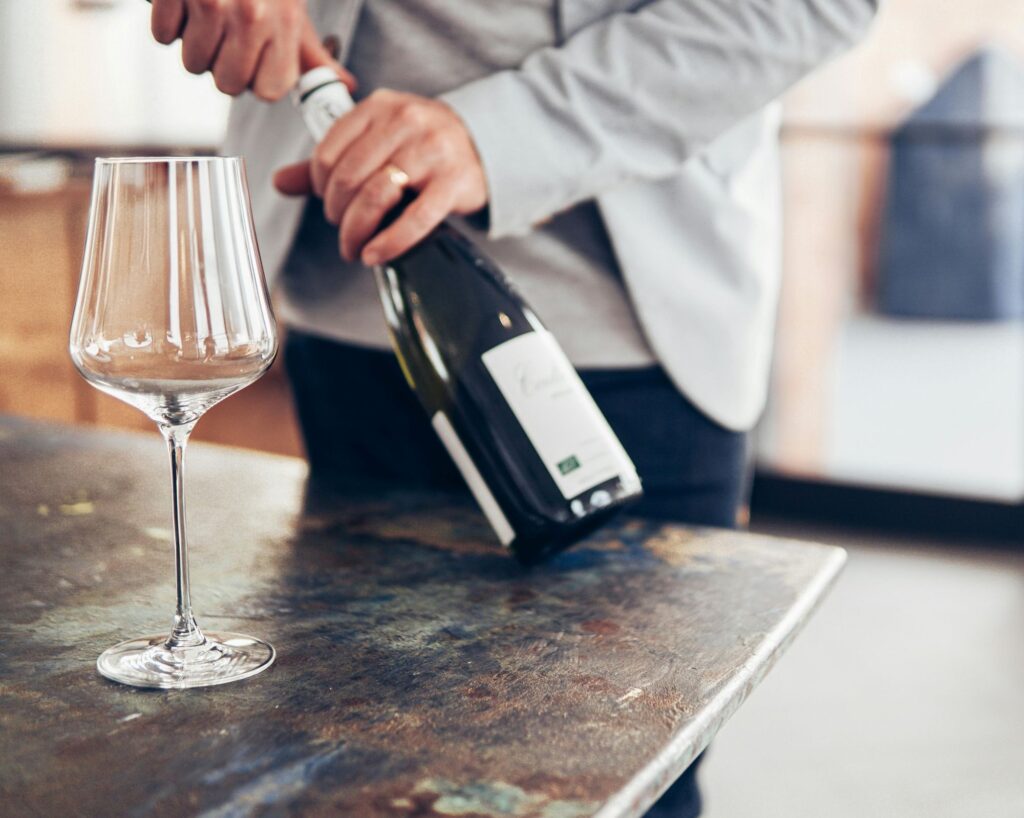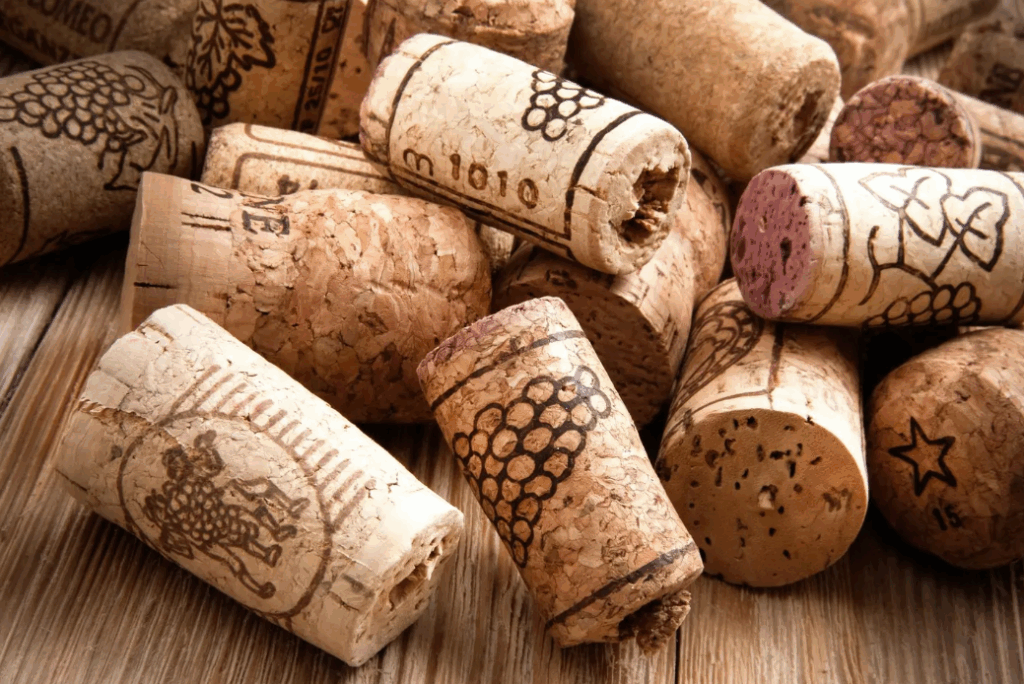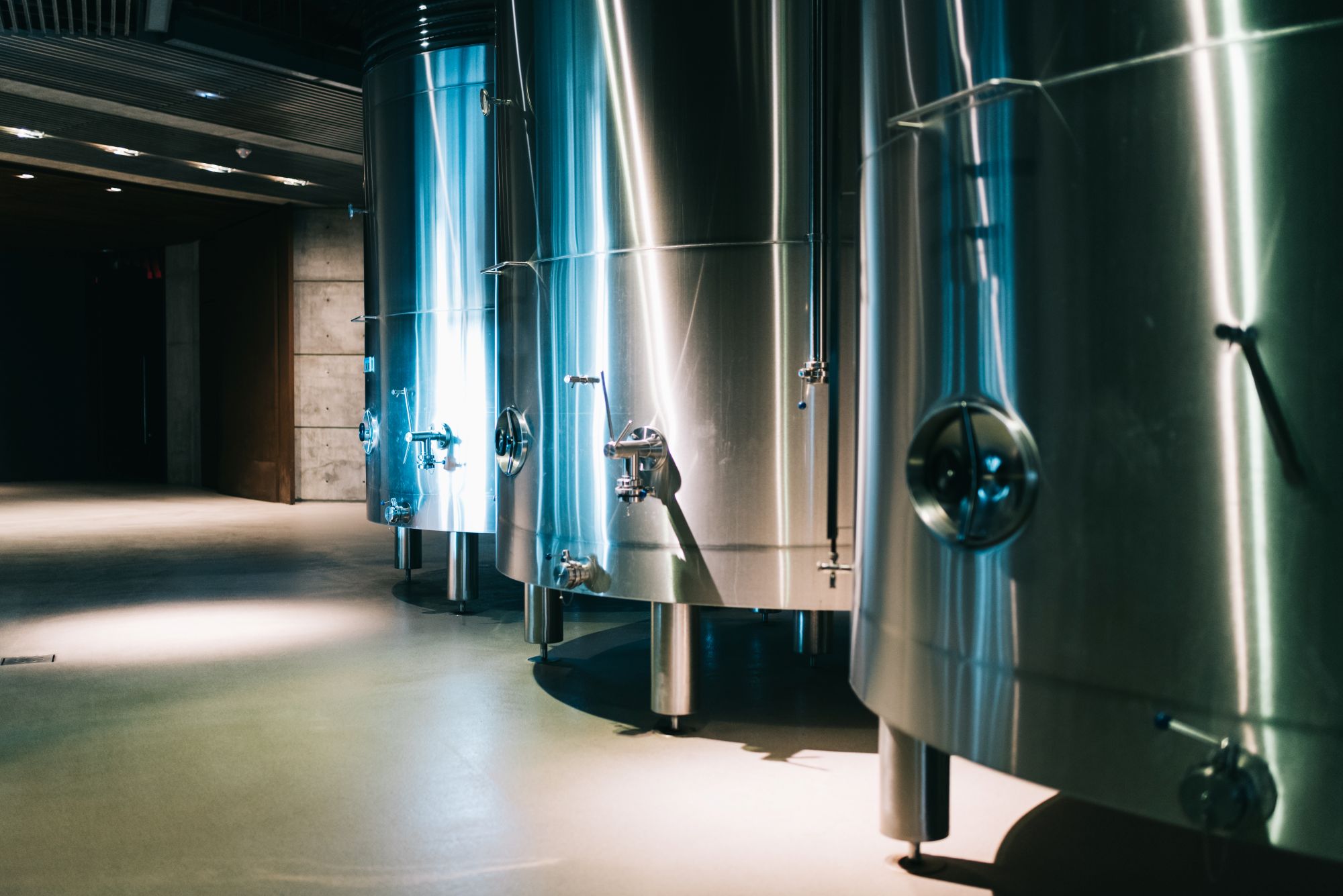Over the past thirty years, the wine world has seen a major shift in how bottles are sealed. The widespread adoption of screw caps was driven mainly by the Portuguese cork crisis, which raised concerns about cork taint and the consistency of natural closures. While screw caps offered a reliable solution, they also marked the end of a familiar experience: the satisfying moment of pulling a cork from a bottle.
This article explores why cork is making a comeback in premium wines and how modern innovations have addressed past challenges. You’ll also discover the role cork plays in wine ageing, its environmental benefits, and how Bolney Estate is making it easier for wine consumers to be part of the story.
The Return of Cork
Cork has been used to seal wine bottles for centuries. Its story stretches back to ancient Greece and Rome, but it became the standard for glass bottles in the 1600s. Cork is valued because it forms a tight seal while allowing a tiny amount of air into the bottle, which helps wine develop flavour and complexity over time.
Even today, premium wineries continue to choose cork for their finest wines. It is practical, sustainable, and part of the ceremony of opening a wine bottle.
Why Cork Works
Cork is harvested from the bark of the cork oak tree (Quercus suber). The bark is removed without harming the tree, making it a renewable material. Its natural elasticity allows it to expand into the bottle neck, while its cellular structure allows a tiny, controlled amount of oxygen to interact with the wine. The slow oxygen exchange supports subtle development and complexity in the bottle.
Cork is also biodegradable and recyclable, making it a sustainable choice compared with aluminium screw caps or synthetic closures.
Cork Taint and Modern Solutions
Historically, natural cork carried a risk of “cork taint,” caused by the compound 2,4,6-trichloroanisole (TCA). Unfortunately, TCA gives wine an off-putting, musty taste, ruining the natural character of the wine. For many wines, concentrations as low as a few nanograms per litre are enough to affect aroma and flavour.
Today, modern cork processing removes TCA and other unwanted compounds. Modern corks are far less likely to taint wine, allowing winemakers to use them with greater confidence. They protect wines, allow slow ageing, and remain environmentally responsible.
Cork vs Screw Caps
Screw caps are widely used for wines meant to be enjoyed young. They provide a consistent, airtight seal and virtually eliminate the risk of taint. However, they do not allow the small oxygen exchange important for wines designed to mature. For premium wines, cork remains the ideal closure.
Cork harvesting is low-impact and renewable. Cork oak forests support biodiversity, and cork is biodegradable. Many wineries run cork recycling programmes, unlike aluminium screw caps or synthetic closures, which can have a larger environmental footprint. Learn more here.
Why Bolney Chooses Corticeira Amorim Corks
Bolney Estate selected Corticeira Amorim as the cork producer for its 2024 premium Estate Range due to the technical excellence of the cork. Their natural process removes TCA and other compounds, producing taint-free closures that preserve the wine.
Amorim combines centuries of traditional skill with modern technology. Their corks allow just enough oxygen to help the wine develop flavour while keeping it safely sealed.
Who Is Corticeira Amorim?
Corticeira Amorim, founded in 1870 in Portugal, is the world’s largest producer of cork products, supplying over 70% of natural cork stoppers worldwide. After six years of research and a €12 million investment, they developed a system capable of detecting TCA down to 0.5 nanograms per litre. Each cork is scanned individually and removed if even the tiniest trace of TCA is detected.
What It Means for You
A wine’s character is shaped in part by its cork, which allows it to develop gradually over time. Cork reflects a commitment to sustainability and preserves centuries of winemaking tradition.
- Controlled ageing, letting flavours deepen naturally
- A renewable, sustainable closure
- A link to the heritage and culture of winemaking
While screw caps provide convenience for everyday wines, cork supports the slow development and complexity that premium wines are designed for.
Recycle Your Cork with Bolney
You can give your used corks a second life through Bolney’s recycling programme. Return them to our estate to be responsibly processed and repurposed by Amorim.
If you can’t visit the estate, Waitrose collection points in Salisbury, Lymington, Bath, Godalming, Truro, and Maidenhead make it easy to take part. Returning your corks helps reduce waste and supports sustainable winemaking.
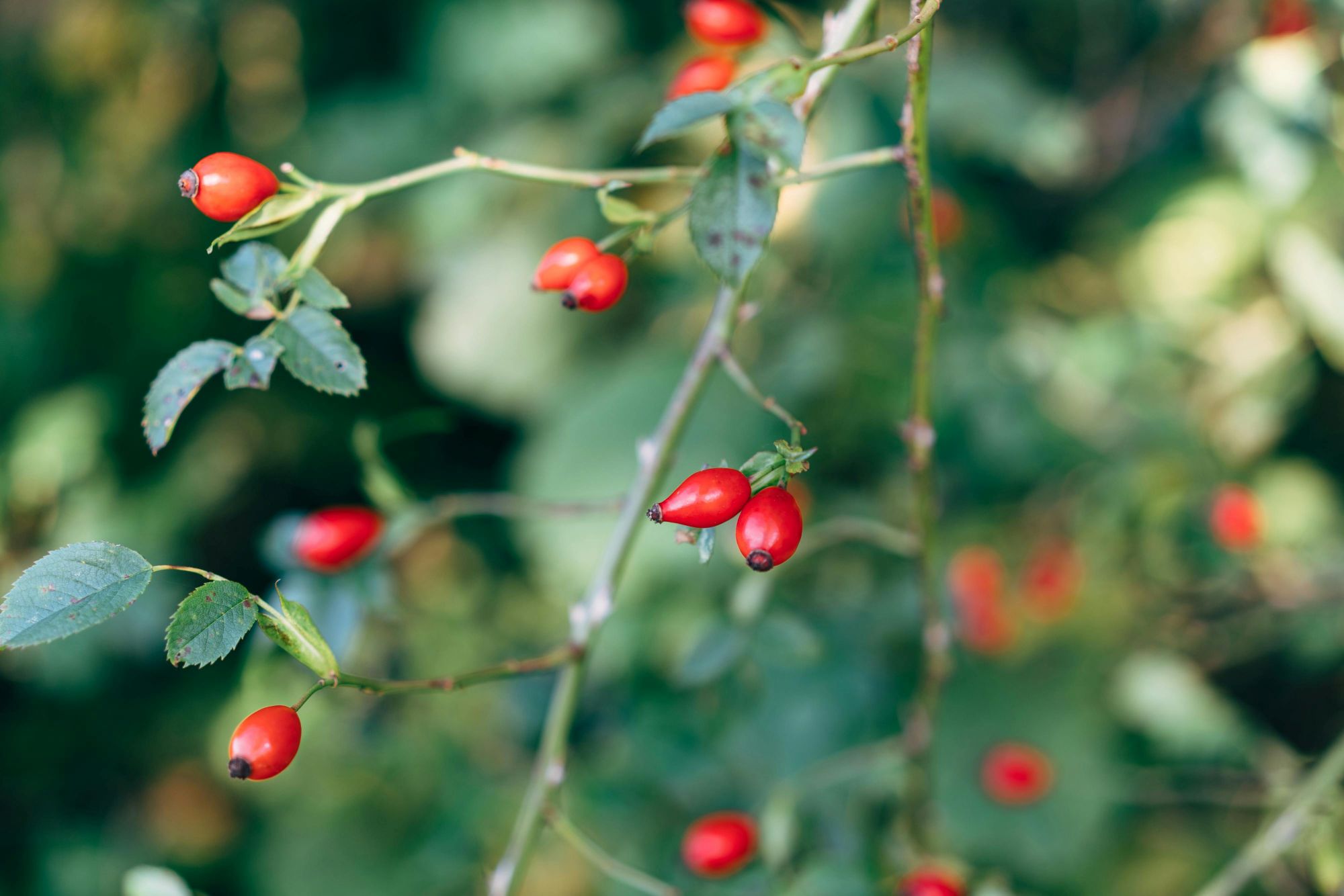
Foraging Wild Berries In West Sussex Hedgerows
Our Guided by Nature ethos leads everything we do here at Bolney, including the food we serve. We’re lucky that our Estate is home to some incredible foraging opportunities, and our chefs love to take advantage of this to give our dishes a taste of Bolney.


